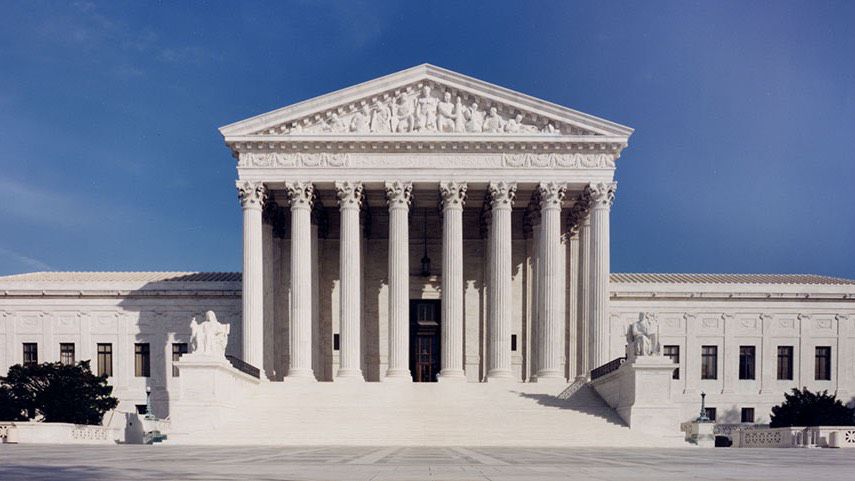WASHINGTON — In allowing Idaho hospitals to perform emergency abortions but not affirmatively ruling that the federal Emergency Medical Treatment and Active labor Act supersedes state abortion laws, the U.S. Supreme Court “avoided cleaning up its own mess,” according to U.S. Sen. Mazie Hirono, D-Hawaii.
“When the conservative justices on the Court overturned Roe, chaos followed by enabling states to implement draconian abortion bans, such as the law in Idaho where patients have to be at death’s door before a doctor can treat without being criminally prosecuted,” Hirono said in a statement released shortly after the decision was announced on Thursday.
Under EMTALA, all U.S. hospitals that receive Medicare funding are required to screen anyone who seeks care at an emergency room, including women in labor, regardless of their insurance status or ability to pay. It further requires such hospitals to stabilize anyone with an emergency medical condition or transfer them to another facility capable of such care. As a 2022 guidance issued by the Biden administration clarified, required stabilization care includes emergency abortion.
However, in the wake of the high court’s decision in Dobbs v. Jackson Women’s Health Organization, which effectively overturned Roe v. Wade, Idaho and other Republican-controlled states enacted more stringent abortion bans and restrictions, including prohibitions on emergency abortion.
The Biden administration subsequently sued the state of Idaho over its ban, arguing that it violates EMTALA.
The Supreme Court’s 6-3 procedural ruling on Wednesday allows Idaho hospitals to perform emergency abortions for now but leaves open the possibility that other pending cases could ultimately result in a decision to allow state abortion laws to trump EMTALA.
Abortion continues to be a key issue in the 2024 presidential race and the Supreme Court decision, initially and temporarily released by accident on Tuesday, was formally announced just hours before the first debate between Pres. Joe Biden and former president Donald Trump.
“Patients will continue to suffer and doctors will remain hamstrung in their ability to provide care for fear of prosecution,” Hirono said. “This situation will continue to sow chaos and confusion and is just one more example of the consequences of the Dobbs decision, giving control of our bodies to far-right politicians and judges.”
Michael Tsai covers local and state politics for Spectrum News Hawaii. He can be reached at michael.tsai@charter.com.



